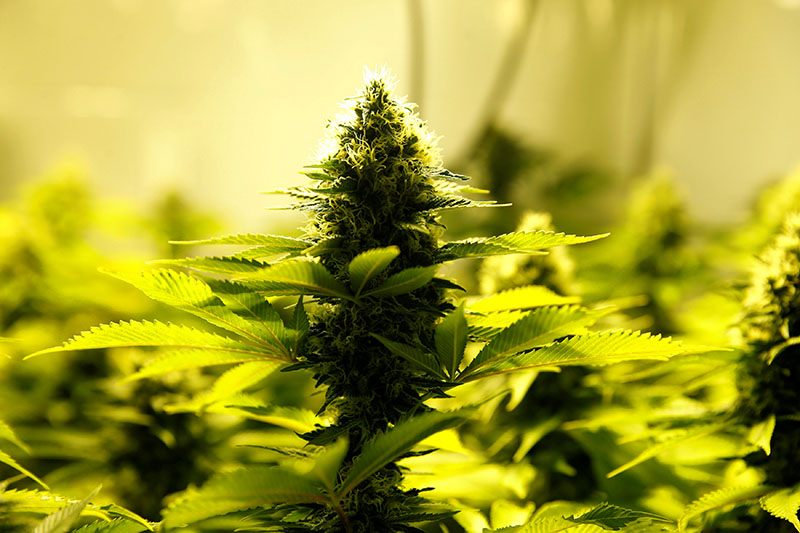Rethink ban on marijuana: Experts
Kathmandu, June 25
As countries around the world are lifting ban on marijuana, with Canada being the latest example, there are some in Nepal who think that the issue should be revisited.
Nepal enacted the Narcotic Drugs (Control) Act in 1976 banning the sale, cultivation and use of cannabis.
Former AIGP Rabi Raj Thapa said Nepal banned the use, cultivation and sale of marijuana or cannabis during the time when the hippie culture was spreading in Nepal and it was high time the issue was revisited.
“Marijuana can help generate employment in far-flung areas of Nepal. It is a well known fact that marijuana has recreational and medicinal values,” Thapa said and added that the government should weigh the pros and cons of the issue before taking a final decision. “But one thing is sure; our current laws are too harsh.
There were times in the past when people would sell two or three kilograms of marijuana and would return home with rice, cooking oil and other supplies that used to be enough for many days, he argued.
Thapa, however, said that the government should also take cognizance of the risk of lifting the ban on marijuana as it could be exploited by international gangs.
Oncologist Dr Bijesh Raj Ghimire said use of marijuana to relieve pain in cancer and epilepsy sufferers was showing promising signs in the US and Nepal should also weigh the option of lifting the ban on the plant.
Another Oncologist Dr Madan Kumar Piya said if mechanisms were put in place then lifting the ban on marijuana for medicinal use could be a good thing. “But I see the danger of marijuana being misused by wrong elements,” he said, adding that in urban areas morphine was available for those patients that needed the pain reliever. He said marijuana could be more beneficial for rural areas where morphine was not easily available.
SSP Birendra Shrestha, spokesperson for Narcotics Control Bureau, said many I/NGOs and other stakeholders were advising the government to lift the ban on marijuana citing its medical use and potential to generate employment in rural areas, but chances of the government lifting the ban on the plant was slim at least for the next 10 to 12 years.
“There is one school of thought that says licence can be issued to people allowing them to grow marijuana. This can happen only when our monitoring mechanisms become robust and I do not think we have such mechanisms at present,” he added.
An official at the Department of Drug Administration said countries around the world were lifting ban on marijuana, albeit for medical use, but in a country like Nepal where 60 to 70 per cent of the provisions of a law were not implemented strictly, the idea of revisiting the ban on marijuana was premature.






